 Dear Mr President
Dear Mr President
DBSA: looting of state resources by some of the same people involved in the Public Investment Corporation saga
1. I write to you with grave concern over the apparent looting of state resources by some of the very same individuals that were found to have had enhanced ability to secure easy access to Public Investment Corporation (PIC) funds. We seem to have the same style of legal corruption, but this time it is at the Development Bank of Southern Africa (DBSA). A curious feature, however, is the emergence of the involvement of the Chairperson of the Government Employees Pension Fund (GEPF).
Elitist people seem to behave like locusts that hop from one source of easy funding to the next; voraciously consuming every opportunity they can generate through whatever means. Once they have depleted one source, they effortlessly jump to the next one with the same agenda – enriching themselves at any cost and patting themselves on the back for being such clever operators.
2. I believe your appointment of the Judicial Commission of Inquiry into allegations of impropriety at the PIC, under the leadership of the Honourable Justice Lex Mpati, (‘the Mpati Commission’), was, amongst other concerns, exactly to look into this kind of behaviour that now seems to rear its ugly head at the DBSA.
3. I wish to refer you to an observation made by, and a salient finding of, the Mpati Commission regarding a company called Harith.
The Mpati Commission, on page 419, of its report to President Ramaphosa, directly quotes part of my submission, i.e.:
“One of the most difficult tasks regarding dealing with the type of corruption that is alleged to have happened at the PIC is the sophisticated nature of the transactions. Corruption can come in two forms, legal and illegal corruption. Legal corruption occurs when the elite build a legal framework that protects corruption or manipulate existing legal framework without necessarily breaking the law.’
The Mpati Commission continued saying that:
“When going through the story of Harith, these words resonate.”
In paragraph 62 on page 434 the Mpati Commission also stated that:
“Harith’s conduct was driven by financial reward to its employees and management, and not by returns to the GEPF. In essence, the PIC initiative, created in keeping with government vision and PIC funding was ‘privatised’ such that those PIC employees and office bearers originally appointed to establish the various Funds and companies reaped rich rewards.”
Clearly there is enough motivation to have, at the very least, immediately suspended Harith’s management of any and all of PIC/GEPF funds and launched further investigation. Has government taken any action to protect the PIC/GEPF from these self-enriching individuals? If not, why not?
4. To make matters worse, this recipe for plundering state resources is seemingly being replicated at the DBSA with the very same people involved. This time, at the face of it, with a new vehicle called Poseidon Pty Ltd, of which the shareholding is as follows:
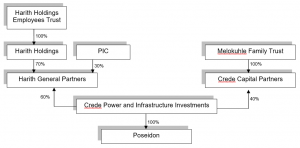

On a side note, according to Crede Capital Partners’ website, their team has managed two PIC projects i.e. “Univen” (R920 million) and the “Oceans Hotel Property Development” (R600 million). The Mpati Commission’s view that where Harith was concerned, “…the approach taken provided easy access to PIC funds, influence and including an enhanced ability to secure additional investment…”, it is therefore of interest to know that another company with close ties to Harith Group Chief Executive Officer, Tshepo Mahloele, had access to PIC contracts.
5. The DBSA has recently funded Poseidon to the tune of R50 million to conduct feasibility studies, for some kind of water project/s, in South Africa and other Southern African countries. Another R300 million is apparently still to be disbursed for the implementation of Poseidon’s project.
6. The Mpati Commission also said in its report on page 436, paragraph 67, that:
“The Board of the PIC should examine whether the role played by either Mr [Jabu] Moleketi and Mr Mahloele breached their fiduciary duties or the fit and proper test required of a director in terms of the Companies Act.”
With this knowledge in mind, please take note that Mr Moleketi (a former DBSA board chairperson) and Mr Mahloele (former head of the DBSA’s Private Sector Investment Arm) are both directors of Poseidon. Mr President, history is repeating; Mr Moleketi had fulfilled the highest leadership roles at both the PIC and Harith. Mr Mahloele, in turn, had been internally transferred (as the Mpati Commission described it) as head of the Pan African Infrastructure Development Fund (PAIDF) to Chief Executive Officer of Harith.
The following persons are also Poseidon directors:
6.1. Dr Renosi Mokate (GEPF Board Chairperson),
6.2. Ms Lungile “Zee” Cele (independent non-executive director of Harith General Partners and a former board member of Eskom Holdings SOC Ltd),
6.3. Mr Roshan Morar (former PIC Deputy Chairperson, former Chairman of the South African National Roads Agency SOC Ltd, chairman of Ithala Development Finance Corporation (Ltd) and non-executive director of Harith General Partners) and
6.4. Ms Motseoa Alix-Mary Lugemwa (former Chairperson of the Gautrain Management Agency Board and non-executive director of PAIDF).
This list reads like a dream-team of politically exposed persons (PEPs) who seemingly have access to public funds. It is especially worrying to find the name of Dr Renosi Mokate on this list; a scenario where a GEPF Chairperson has access to public funding using a private conduit, after having seen what happened at the PIC, is indefensible. She must be removed as GEPF Chairperson with immediate effect.
It is also worth noting that Mr Roshan Morar is named and shamed in the Mpati Commission’s report regarding the Lancaster Steinhoff, Project Sierra case study. The Commission on page 41, paragraph 98, said that:
“The chair of the IC [Investment Committee] was Mr Roshan Morar, a PIC non-executive director, who signed off on the IC resolution for this investment. At the same meeting, he was also appointed as a board member to L101 representing PIC’s interests which clearly indicates a conflict of interest.”
7. It would be advisable that Treasury quickly intervenes in the DBSA’s funding of Poseidon’s water project and that it immediately freezes the payment of the first tranche of R50 million, as well as the second tranche of R300 million implementation funding, until the Mpati Commission’s findings and recommendations are addressed. If the R50 million has already been disbursed, it must also be recouped in the meantime and it might be advisable to follow the paper trail to see if the money was spent for its intended purposes.
8. Another matter that I wish to address with you is that of Ms Irene Charnley and her inclusion on the PIC’s interim board. She allegedly received R1,7 billion (in today’s terms) from the PIC for her company, Smile Telecoms Limited. I wrote to Finance Minister Tito Mboweni about this matter on 3 June 2020 and have attached the letter for your ease of reference. Since writing that letter, I have heard that the PIC has written the R1,7 billion off as a bad investment.
Moreover, it has come to my attention that Ms Charnley has also knocked on the DBSA’s door for funding. She received a USD 20 million loan, which she has failed to pay back. The Al Nahla Group, with whom she is partnered, is a Saudi Arabia-based company. The situation might mean the PIC and DBSA’s monies were channelled out of South Africa on purpose and someone else is smiling to the bank, because it definitely is not South African investors.
We now know of two instances where Ms Charnley dipped into public funds, where the money seems to have evaporated into thin air. On what basis would a government serious about fighting corruption dispatch a person of this quality and competence to resuscitate a key public entity such as the PIC? The consequences for her actions should not have been to be rewarded, at the very least, she should be immediately removed as a member of the PIC’s interim board.
Yours sincerely
Mr Bantu Holomisa, MP
President of the United Democratic Movement
Copied to:
Minister of Finance, Mr Tito Mboweni
DBSA Chairperson, Mr Enoch Godongwana
PIC Chairperson, Dr Reuel Khoza




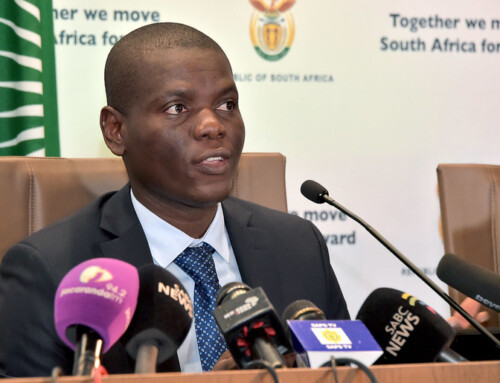



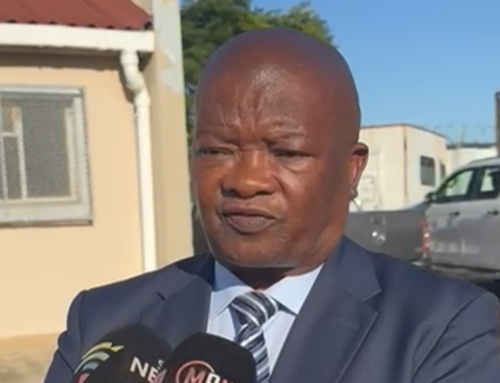


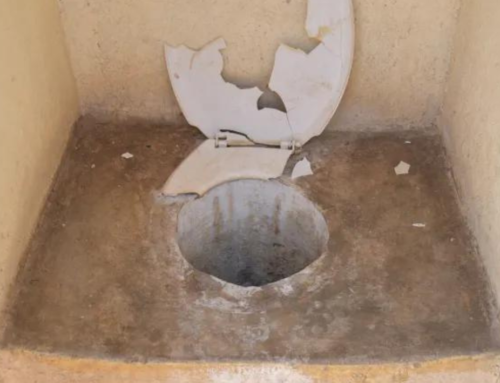

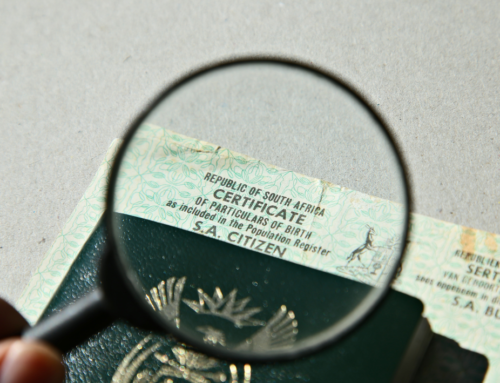






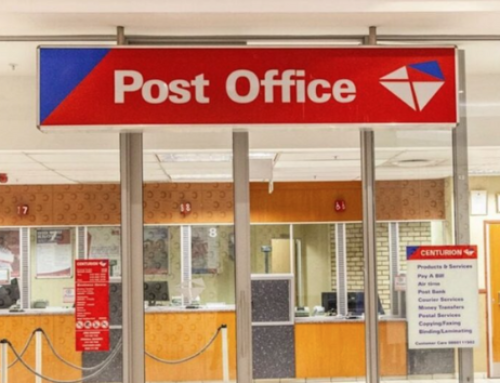


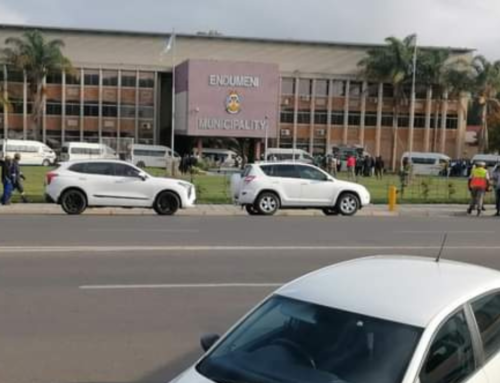
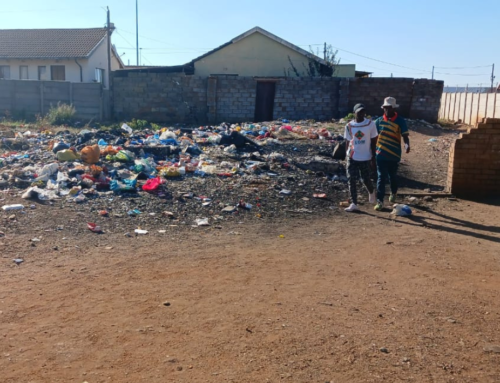
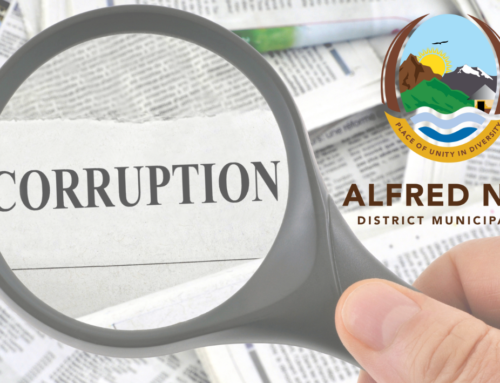
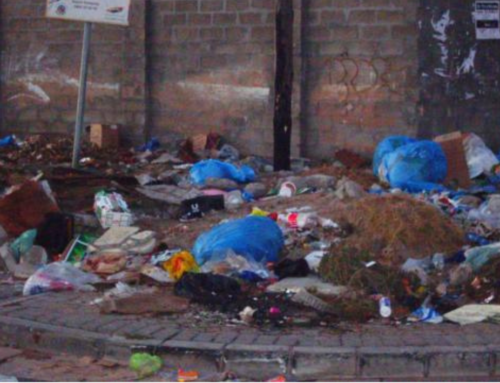
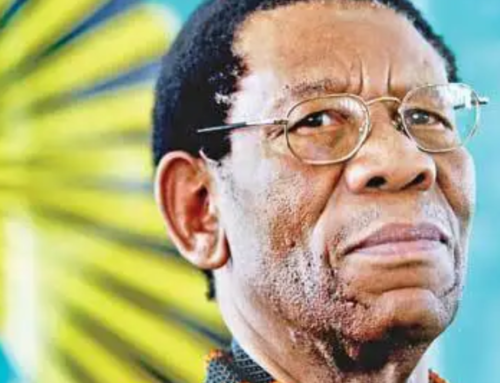

These, if proven to be true are shocking revelations. The ANC Government, must do the right thing here. We as the ordinary citizens and tax payers are fed up of corruption. This rampant corruption must be halted. It’s enough now. Government must stop treating the public like fools.